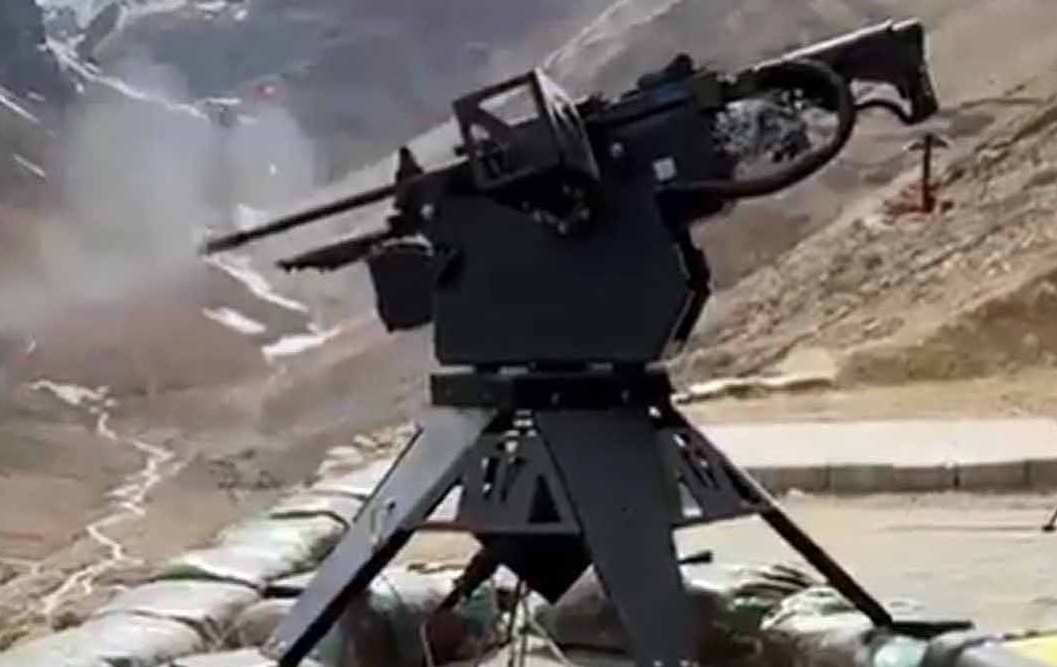Turkey Eyes Return to F-35 Programme, May Redirect $1.4 Billion from F-16 Deal

Turkey is making a renewed push to return to the United States' F-35 fighter jet programme, signaling a potential shift in its defense procurement priorities. According to recent reports, senior officials from Turkey's Ministries of Defence and Foreign Affairs are considering redirecting $1.4 billion—previously earmarked for a separate F-16 fighter jet deal—towards the purchase of F-35s, provided that Washington agrees to Ankara’s re-entry into the programme.
This development appears to follow a key phone conversation in March between Turkish President Recep Tayyip Erdoğan and former U.S. President Donald Trump. The call reportedly touched on the possibility of Turkey rejoining the F-35 programme, from which it was expelled in 2019. Turkey’s removal was a result of its decision to purchase the Russian-made S-400 air defense system, which the U.S. viewed as incompatible with NATO standards and potentially compromising to the stealth technology of the F-35.
Since then, Turkey has not only pushed for a refund of the $1.4 billion it had already invested in the F-35 programme but also turned its attention toward acquiring 40 F-16 Viper jets and modernizing 79 of its existing F-16s. The total deal, which received U.S. approval earlier this year, is worth up to $23 billion. However, the agreement has yet to be finalized, and talks have reportedly slowed as Turkey recalibrates its priorities.
The six F-35 jets that had been manufactured for Turkey before its expulsion are still in storage in the U.S., and Ankara is keen to either take delivery of those aircraft or find a way to resume procurement under a fresh agreement. However, Washington’s stance remains firm—removal of the S-400 systems continues to be a core condition for Turkey’s re-admittance to the F-35 programme.
In a parallel move, Turkey is also exploring other options to modernize its air force. Negotiations with the United Kingdom are reportedly underway for the possible purchase of 40 Eurofighter Typhoon jets, which would offer Ankara an alternative path to maintaining airpower parity in the region.
The recent developments suggest Turkey is playing a strategic balancing act: keeping its options open with both U.S. and European suppliers, while leveraging its previous investment in the F-35 programme. Whether the U.S. government will consider Turkey’s return remains uncertain, especially in light of broader geopolitical tensions and NATO dynamics.
Nonetheless, Ankara’s renewed interest in the F-35s signals a potential thaw in defense relations and may open a new chapter in the complex U.S.-Turkey defense partnership—if political and military conditions align.
✍️ This article is written by the team of The Defense News.






